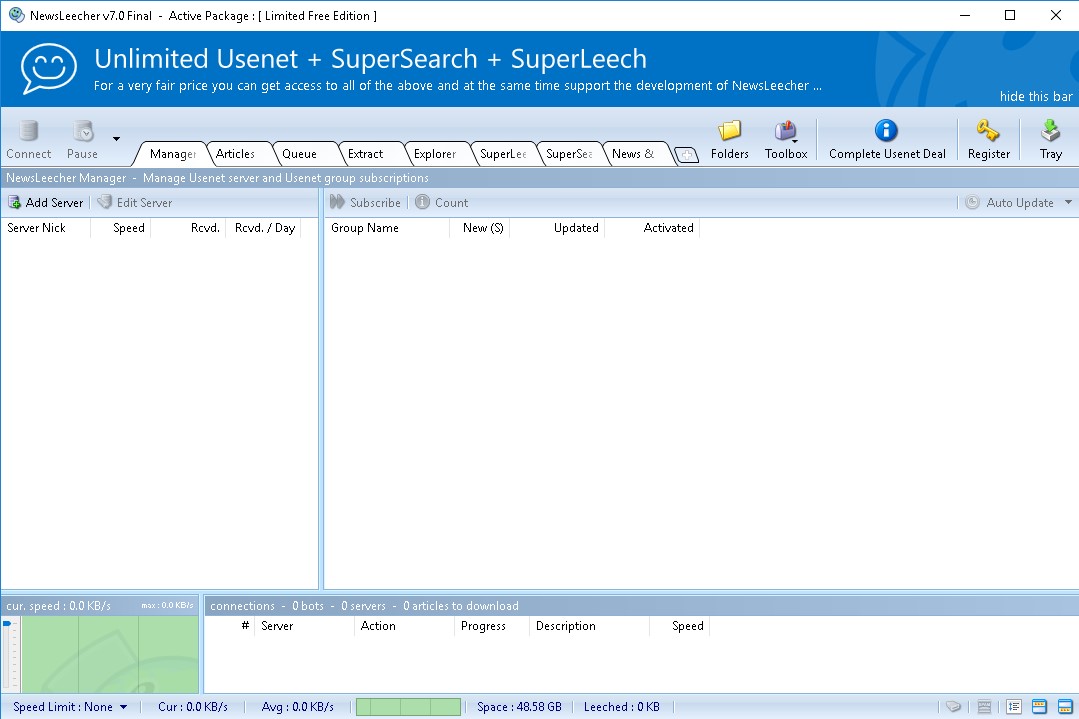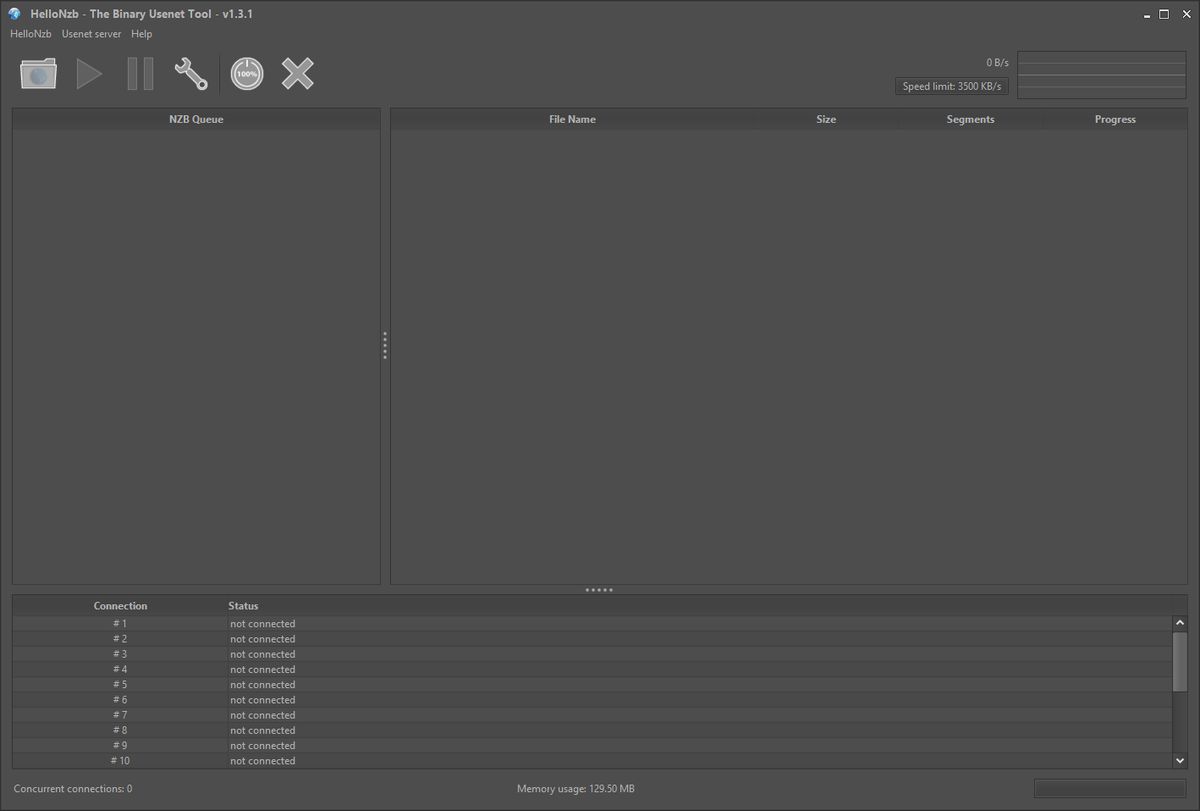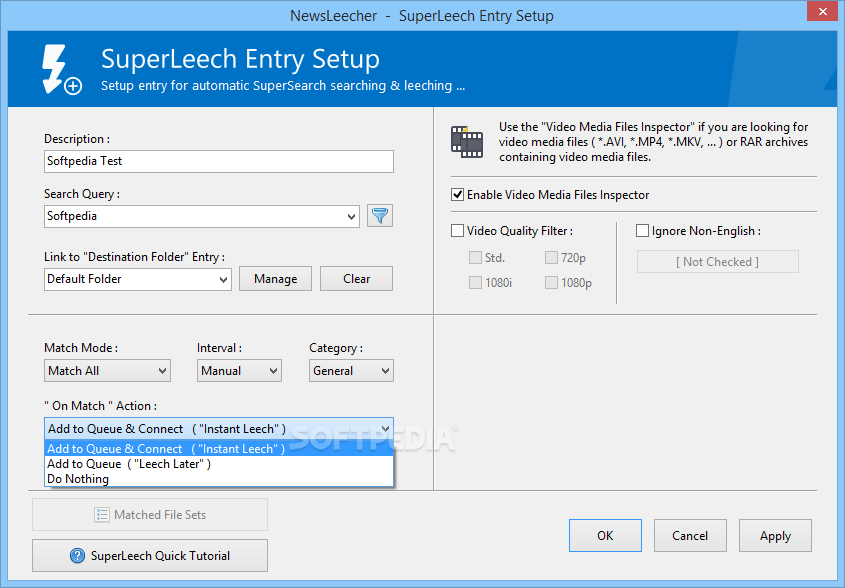
However, this is usually an arrangement between friends or guild-mates, and unsolicited requests to "leech" experience off of a higher level player is often considered extremely rude.

In situations where the amount of assistance the lower level player can provide is negligible (as is often the case when being Power Leveled, due to the disparity between target mobs and the player), a higher level player may deliberately encourage the lower level player to "leech" to avoid wasted time spent protecting the lower level player that could otherwise be directed towards more quickly accomplishing the goal of earning experience points. However, while this usually carries negative connotations, this is not always the case for instance, in MMOs where power leveling is possible, a higher level player may deliberately consent to a lower leveled player gaining experience without assisting, usually due to the danger to the lower leveled player. Although in the past the term "leeching" has been applied to a player gaining any benefit due solely to the efforts of others, the term is now most often limited to players that gain experience without meaningful contribution.

In online multi-player games, "to leech" generally means that a player be present and qualify for the presentation of a reward of some sort, without contributing to the team effort needed to earn that reward.In games (whether a traditional tabletop RPG, LARPing, or even MMORPG) the term "leech" is given to someone who avoids confrontation and sits out while another player fights and gains experience for the person, or "leecher", who is avoiding confrontation. Claiming credit for, or offering for sale, freely available content created and uploaded by others to the Internet ( Plagiarism/ Copyfraud).Mainly, leeching is taking without giving. The term is used in a similar way for shared FTP directories. In most P2P-networks, leeching can be defined as behavior consisting of downloading more data, over time, than the individual is uploading to other clients, thus draining speed from the network.Direct linking (or hot-linking) is a form of bandwidth leeching that occurs when placing an unauthorized linked object, often an image, from one site in a web page belonging to a second site (the leech).Piggybacking is a term used to describe this phenomenon.
#Newsleecher torrent download
One example of this is someone who connects to a café's free wireless service from their car in the parking lot in order to download large amounts of data.
#Newsleecher torrent software
The word is also used without any pejorative connotations, simply meaning to download large sets of information: for example the offline reader Leech, the Usenet newsreader NewsLeecher, the audio recording software SoundLeech, or LeechPOP, a utility to download attachments from POP3 mailboxes. The term originated in the bulletin board system era, when it referred to users that would download files and upload nothing in return.ĭepending on context, leeching does not necessarily refer to illegal use of computer resources, but often instead to greedy use according to etiquette: to wit, using too much of what is freely given without contributing a reasonable amount back to the community that provides it. In economics, this type of behavior is called "free riding" and is associated with the free rider problem.

In computing and specifically in Internet slang, a leech is one who benefits, usually deliberately, from others' information or effort but does not offer anything in return, or makes only token offerings in an attempt to avoid being called a leech.

It can also handle local files via file: protocol.
#Newsleecher torrent rar
Currently, it support ZIP, RAR archives and ISO-9660 CD images. It also can preview or download files in archive. Top Software Keywords Show more Show less


 0 kommentar(er)
0 kommentar(er)
